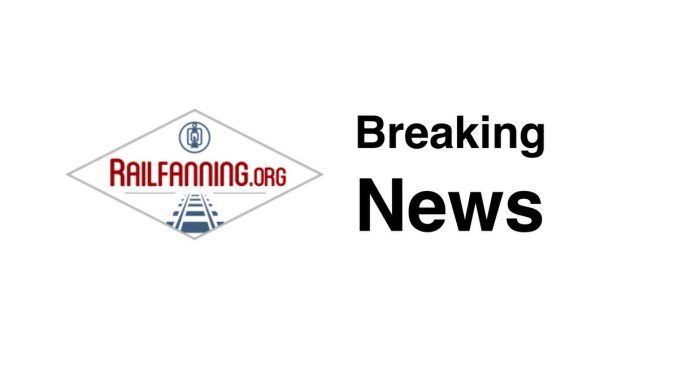
(The Center Square) – Metro Seattle’s Sound Transit faces an “unsustainable” financial future in the face of a declining number of users and an increase in users not paying for rides.
According to a recent Sound Transit blog post, CEO Peter Rogoff recently told the organization’s Board of Directors that the agency is working toward a new way of collecting fares that will be equitable and not based on budget shortfalls.
Sound Transit — officially the Central Puget Sound Regional Transit Authority — serves the Seattle metropolitan area in King, Pierce and Snohomish counties with light rail, commuter rail and bus service.
Rogoff said projections show organization will collect $8 billion in fare revenue between this year and 2046, which is about 6% of the overall operational budget.
Due to the COVID-19 pandemic, fare revenue fell from $96 million in fiscal year 2019 to $30 million in fiscal year 2020.
For light rail service, farebox recovery fell from 32% in 2019 to 8% in 2020 and 5% in 2021, compared to a target goal of 40%.
“Our fare collection system relies overwhelmingly on an honor system and our increasingly acute problem is that our riders are not honoring the system,” Rogoff told the board.
Unlike public transit systems in many large cities where passengers are required to show proof that they have paid in order to pass through turnstiles, Sound Transit was built with open air platforms that allow people to walk up and board.
Sound Transit last September began an eight-month pilot program using fare ambassadors instead of fare enforcement officers, whereby the ambassadors ask riders to show proof that they have paid but do not hand out fines. Instead, they are working to educate passengers about the importance of fares and will hand out cards with a QR code where people can access Sound Transit’s website.
Rogoff would like to double the size of the program as only about 2% of passengers are being checked.
“When you have a 98% chance of being out on the system and not being encountered by anybody, it just lends itself to further non-compliance,” he told the board.
Other proposals Sound Transit is considering include giving passengers without proof of payment two warnings in a 12-month period instead of one warning before a fine would be imposed.
A third infraction would come with a $50 fine and a fourth with a $75 fine, but with resolution options to avoid the fines. That could include attending an education activity or loading the money on a pre-paid rider pass.

